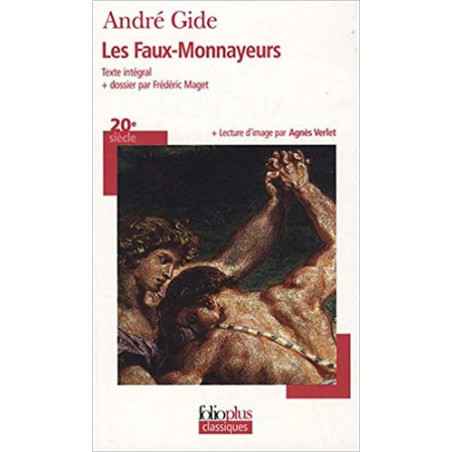

Another subplot of the novel is homosexuality. I found the details of Edouard's struggles with his career, his family, his friendships and love provided images that enhanced the main themes, yet also energized the narrative drive.

There is also the coming of age story of Bernard and Olivier as they prepare to leave school - but does this extend beyond their education and emanate from all who are learning about the world? This learning which is required by the changing nature of the everyday, the quotidian reality that is, perhaps, counterfeit. His life goes downhill as he murders her and goes insane. The collapse of morality is illustrated with Eduoard's nephew Vincent, who deserts his lover Laura, a married woman, and runs away with Lillian, the mistress of Count Robert de Passavant. The story of Edouard writing his novel demonstrates his search for knowledge, yet as he associates with a group of his own adolescent relatives it appears as an artificial arrangement one that displays the effects upon society of youth's corruption of traditional standards and values. Thus we have entered a world where we cannot trust our senses - what is counterfeit and what is real? However, there is also the story of a group of boys who are passing counterfeit coins throughout Paris. Other stylistic devices are also used, such as an omniscient narrator that sometimes addresses the reader directly, weighs in on the characters' motivations or discusses alternate realities. Thus The Counterfeiters is a novel-within-a-novel, with Edouard (the alter ego of Gide) writing a book of the same title. That is the primary theme of the novel which comes from the title of the book by the writer Edouard. The Counterfeiters is a book about writing a book, also called "The Counterfeiters".


 0 kommentar(er)
0 kommentar(er)
